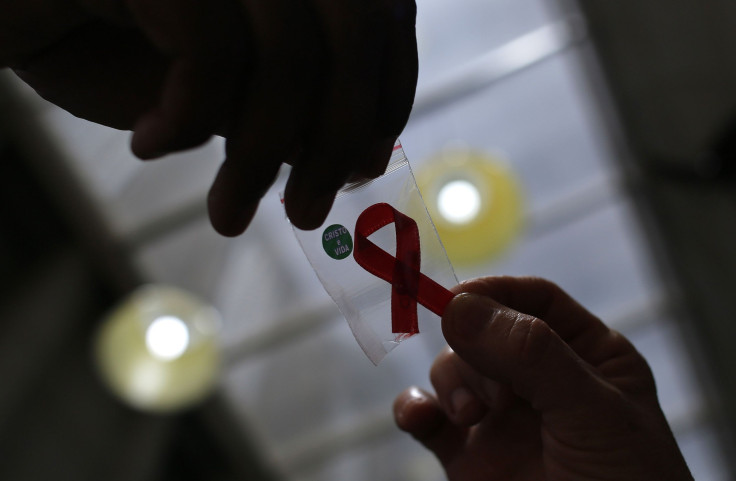HIV Losing Virulence As It Adapts To Human Immune System: Study

According to a recent study conducted by a team of scientists from the University of Oxford, the AIDS virus, which currently infects over 35 million people worldwide, is weakening itself as it adapts to the human immune system. As a result of this evolution, HIV is taking much longer than before to transition to full blown AIDS.
“It is widely believed that epidemics in new hosts diminish in virulence over time, with natural selection favoring pathogens that cause minimal disease,” the researchers said, in a paper published Monday in the journal Proceedings of the National Academy of Sciences.
For their study, the researchers compared HIV infections in Botswana -- where the first case was reported in 1985 -- with those in South Africa, where the first infection was reported 10 years later. Based on this study, which covered over 2,000 women, they found that the time elapsed between contracting HIV and its emergence in the form of AIDS was 10 percent longer in Botswana than in South Africa.
Through these observations, the researchers deduced that given enough time, HIV would evolve into a less virulent strain.
“It is quite striking. You can see the ability to replicate is 10 percent lower in Botswana than South Africa and that's quite exciting,” Philip Goulder, a professor at the department of pediatrics at Oxford University and a co-author of the study, told BBC. “We are observing evolution happening in front of us and it is surprising how quickly the process is happening … the virus is slowing down in its ability to cause disease and that will help contribute to elimination.”
The researchers also said that the use of anti-retroviral drugs, which target the more potent strains of the virus, may also be forcing HIV to evolve into a much milder, less virulent form.
“In theory, if we were to let HIV run its course then we would see a human population emerge that was more resistant to the virus than we collectively are today -- HIV infection would eventually become almost harmless,” Jonathan Ball, a virologist at the University of Nottingham, who was not involved in the study, told BBC.
However, other scientists reportedly warned that the evolution of HIV into a harmless virus could take years and that a “watered down” version of the virus was still as dangerous.
Andrew Freedman, an expert in infectious diseases at Cardiff University who was not involved in the study, told BBC that this was an "intriguing study," and added that HIV was still "an awfully long way" from losing its potency as a deadly killer, and that it was more probable that a cure for the infection would be found before HIV became harmless.
© Copyright IBTimes 2024. All rights reserved.





















